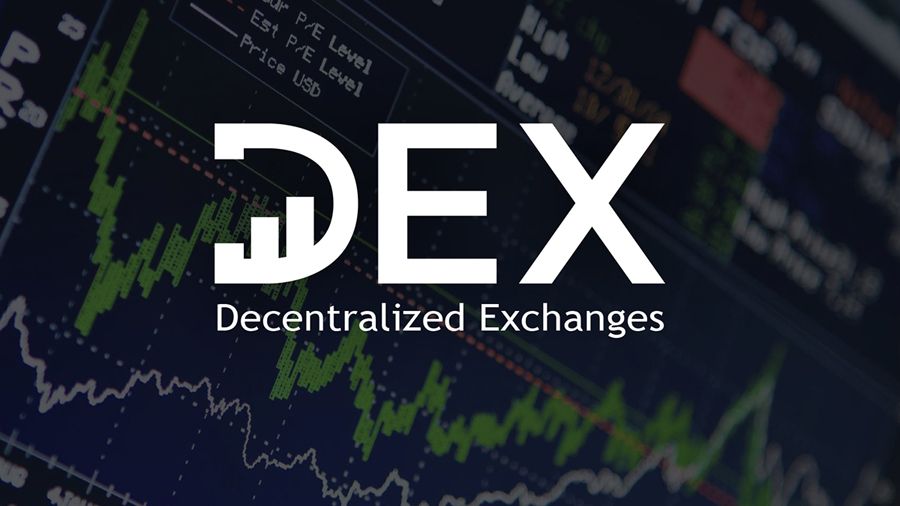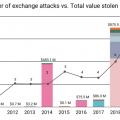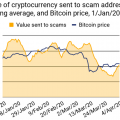Article Reading Time:
2 minutes.

Consulting agency analystsChainalysis notes that the rise of large decentralized financial systems in 2021 has served as a catalyst for the popularization of DEXs among cryptocurrency investors.
Chainalysis posted a report in whichIt says that decentralized exchanges (DEX) have surpassed centralized exchanges (CEX) over the past year in terms of on-chain transaction volume. According to the agency's research, from April 2021 to April 2022, $175 billion worth of cryptocurrencies were transferred to CEX blockchains. This is noticeably less than the $224 billion moved to DEXs over the same period of time.
The growth of decentralized financial systems (DeFi) peaked in June 2021. Decentralized platforms accounted for more than 75% of the total transaction volume.
The report's authors believe that becauseWith DeFi activity waning and the market trend remaining “relatively bearish,” the two types of exchanges have nearly split the current market share with 55% for DEX and 45% for CEX.
“CEX transaction volume reached record levellevel at the end of 2017, when Bitcoin reached a new all-time high. Following the increase in cryptocurrency prices in 2021, transaction volumes in DEX and CEX have increased sharply,” analysts note.
From April to April, intranet transactions inwere more focused on the top five DEXs rather than the top five CEXs. The authors of the report specify that 85% of transaction volumes were accounted for by DEX Uniswap, SushiSwap, Curve, dYdX and the 0x protocol. However, Binance.com, OKX.com, Coinbase.com, Gemini.com and FTX.com accounted for 50% of the total CEX transaction volume.
The large volume of transactions on DEX is due tohigh liquidity, ensuring stable pricing even for the largest market participants. The report's authors believe that if DEXs maintain low transaction fees and affordable prices, they could eventually displace CEXs. At the same time, DEXs must find a way to convince key investors “in favor of further automation, disintermediation and self-service. Analysts emphasize that regulatory scrutiny could become a major concern for DEXs in the foreseeable future.
</p>In January, cybersecurity agency Certik, studying hacker attacks on DeFi protocols for 2021, found that 16.5% of cases were associated with elements of centralization.




